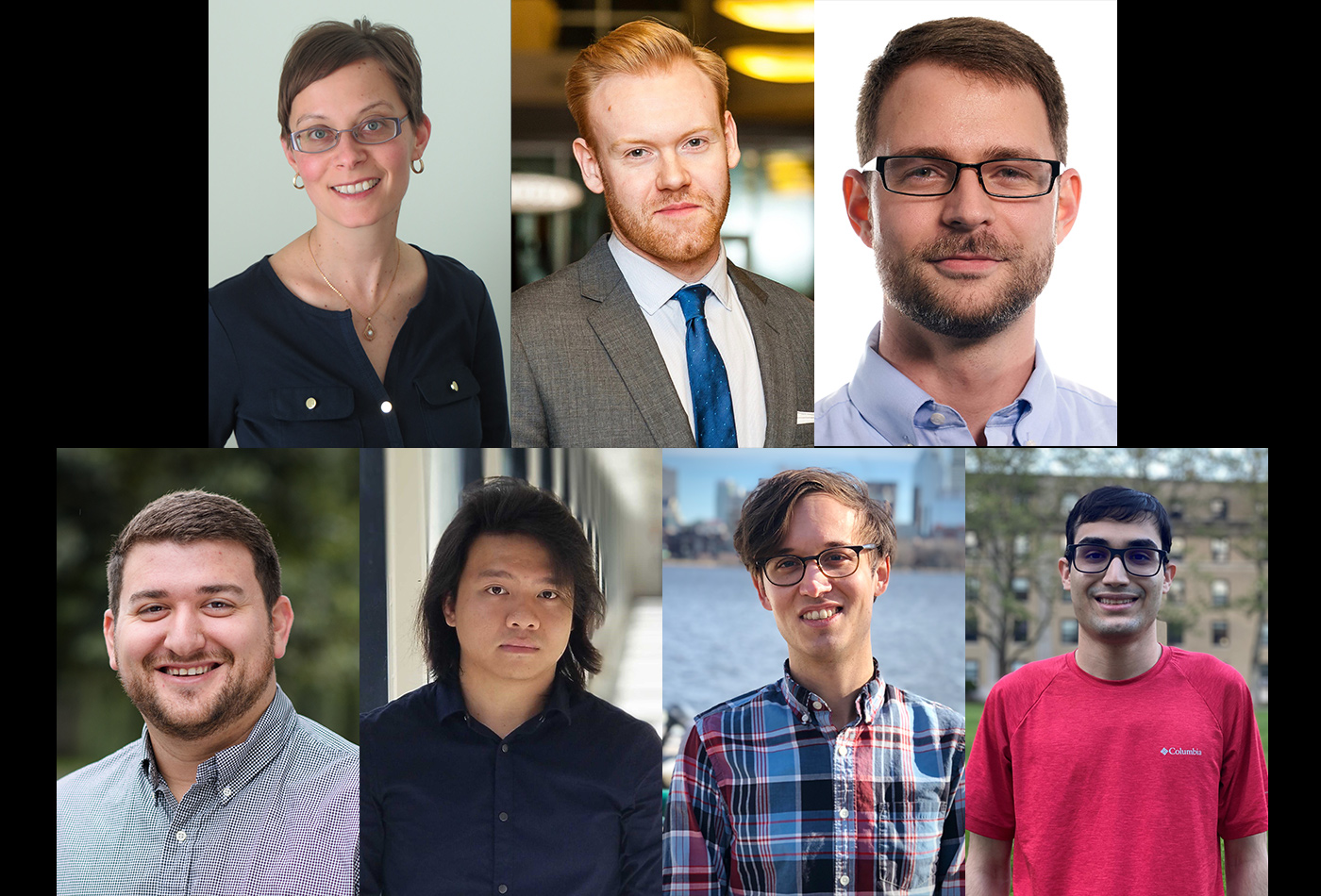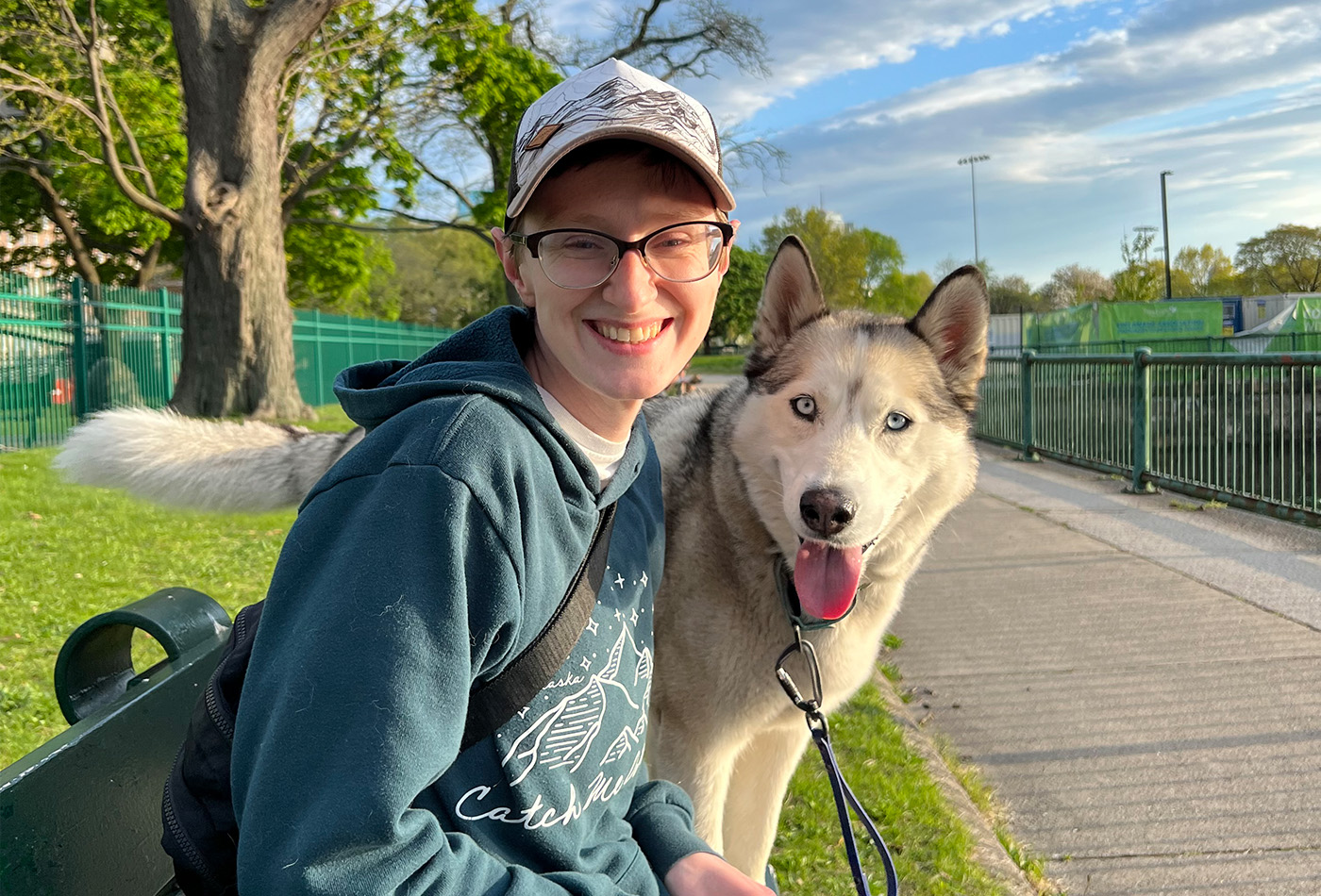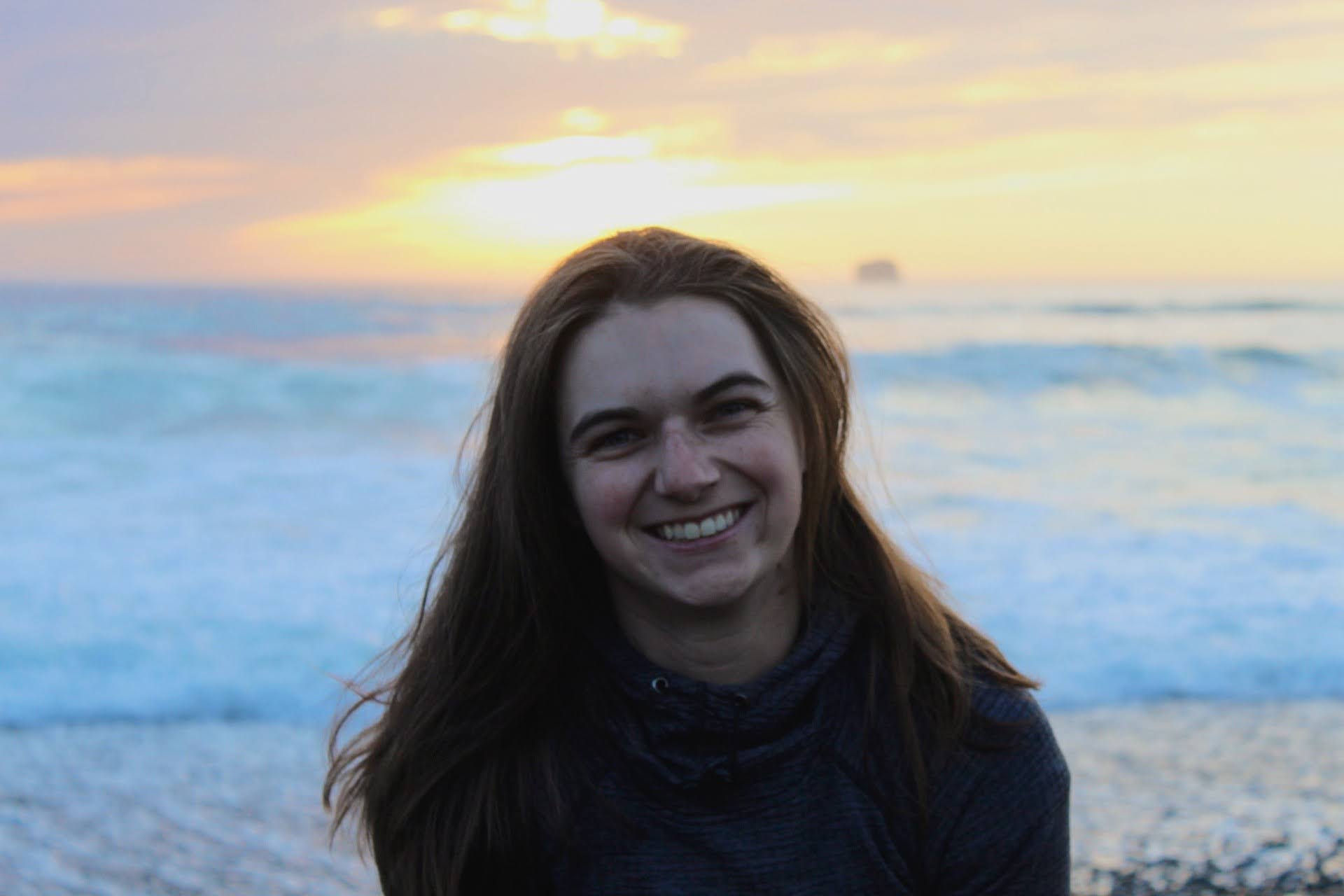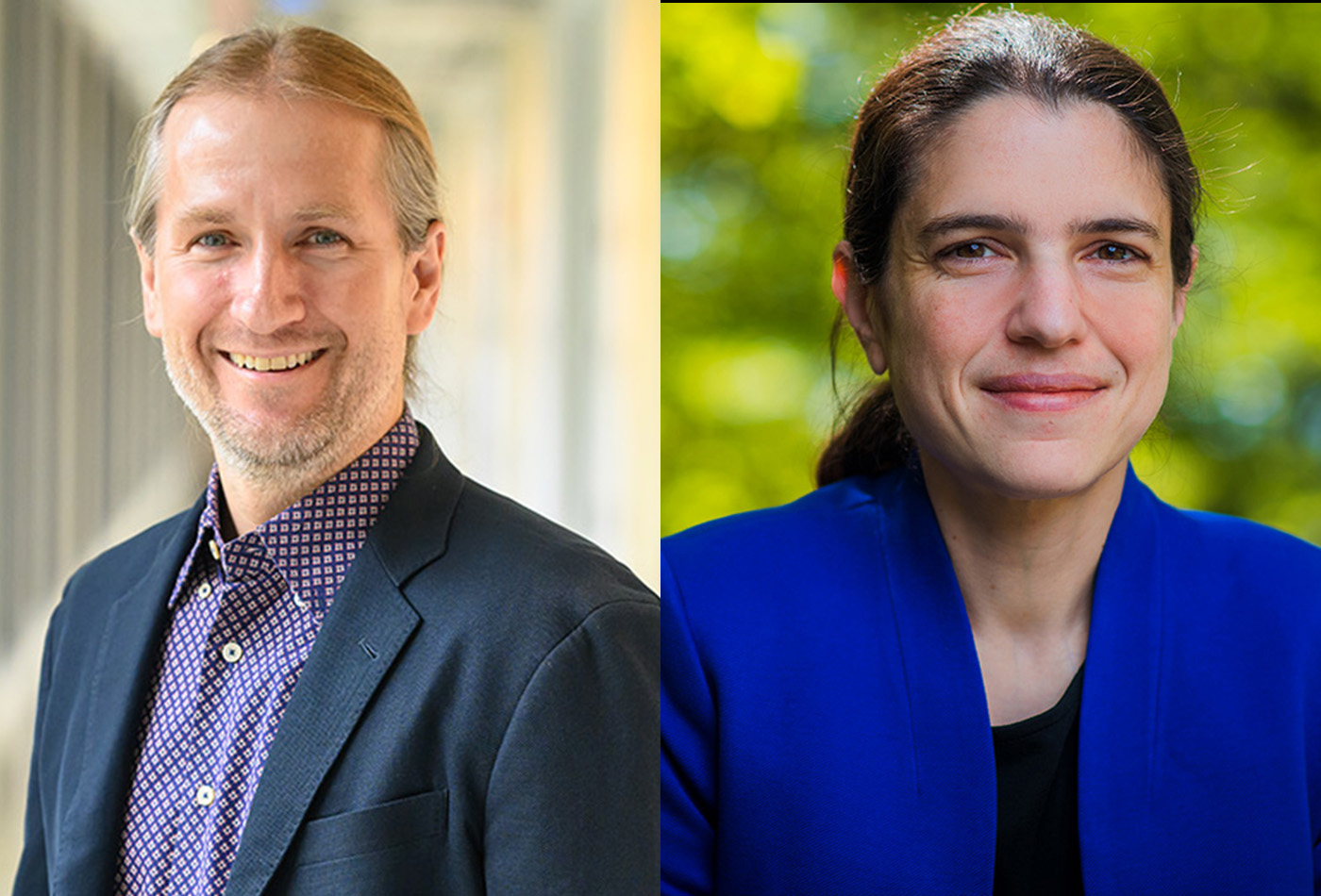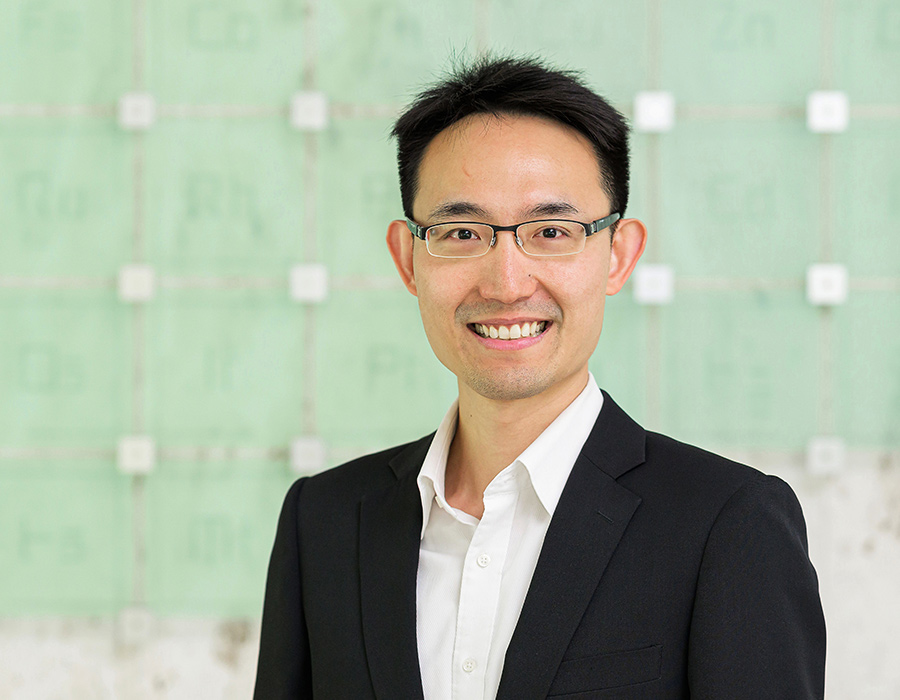Seven members of the Chemistry Community receive Mentorship Spotlight Award
The winners were nominated by students, postdocs, faculty, and staff in recognition of their exceptional commitment to mentorship.
Seven members of the Department of Chemistry community have been honored with the department’s semi-annual Mentorship Spotlight Award. Established in 2020, this award recognizes individuals who demonstrate exceptional commitment to fostering a positive working environment for those around them, leading by example, and generally demonstrating outstanding mentorship. Each winner will be presented with a prize in the form of a crystal award and a monetary sum.
The winners of the Spring 2021 Mentorship Spotlight Award are:
Rachel Beingessner
As a Research Scientist in Professor Tim Jamison’s group, Rachel Beingessner not only took on orienting and welcoming new students and postdocs, but also helping them with myriad personal and professional tasks and challenges.
“Having the opportunity to support and guide the next generation of chemists has been highly rewarding and personally transformative,” said Beingessner. “It is tremendously exciting and motivating to see students and postdocs be successful in their studies and research, and grow in their confidence and independence over the course of their tenure at MIT.”
During her time in the Chemistry Department, Beingessner had the opportunity to support and contribute to many research projects, primarily in the area of continuous flow chemistry. One such project was the development of a reconfigurable, continuous manufacturing platform for the synthesis and formulation of pharmaceuticals. The highly-compact, proof-of concept system was capable of producing four common pharmaceuticals from raw materials, in quantities sufficient to supply hundreds to thousands of consumable oral or topical liquid doses per day.
Chris Brown
Postdoctoral Researcher Chris Brown’s nominations for this award described his dedication to providing a safe, welcoming, and positive working environment for the members of Professor Jeremiah Johnson’s group, in addition to his commitment to serving as an attentive mentor.
“Scientific research is extremely rewarding, but a graduate degree can be stressful and isolating if you feel that you don’t have someone to turn to for support,” said Brown. “I believe that good mentorship goes beyond training and guiding someone to provide a safe space to offer that support without fear of judgement. I get a lot of gratification from mentoring, particularly when I see someone who I’ve helped succeed.”
In the Johnson Lab, Brown immobilizes small-molecule catalysts and combines the advantages of homogeneous and hetereogenous catalysis. These new “polyCATs” are selective, reusable, and enable reactions to proceed in solvents in which the original catalyst is insoluble (such as water).
Joseph Brown
Postdoctoral Researcher Joseph Brown’s nominations honored his service as an inclusive, welcoming, and fun mentor both in and beyond the laboratory setting.
“I believe mentorship provides an opportunity to positively foster an inclusive environment, by being cognizant and adaptive to students,” said Brown. “Mentorship is a wonderful privilege that allows me to share experience while we conquer challenges together. My mentees inspire me to keep my mindset fresh and make sure I am always learning.”
Tissue-specific targeting remains a significant challenge for the field of drug delivery and holds promise to enable several therapeutic modalities. Brown’s research with Professor Brad Pentelute’s group seeks to accomplish this by discovering serum-stable peptidomimetics with high affinity to extracellular cell receptors specific to target tissues to enhance uptake, control biodistribution, and extend therapeutic half-life. Discovery of these peptidomimetics is completed by affinity selection-mass spectrometry (AS-MS) against tissue-specific protein ectodomains. Several ectodomains that are transmembrane targets, which can be accessed synthetically by automated fast-flow peptide synthesis or via standard mammalian cell expression. The group expects these targeting ligands to enable advanced bioconjugate design to target specific tissues in vivo and expand treatment modalities.
Jeff Lipshultz
Postdoctoral Researcher Jeff Lipshultz’s nominations described his exemplary abilities as a meaningful mentor to those in Professor Alex Radosevich’s group, both personally and professionally, in these challenging times.
“I was lucky to have amazing mentors in both my undergrad lab and during graduate school. I wouldn’t be where I am without their mentorship and guidance, both personal and scientific, so I view mentorship as a form of paying it forward,” said Lipshultz. “I also love seeing the switch flip in others’ brains that I remember feeling as a younger student, when the solution to some previously intractable problem becomes clear.”
In the Radosevich lab, Lipshultz has focused on the use of organophosphorus molecules as catalysts for umpolung organic transformations. One of his projects has focused on “relay oxidation” wherein a highly-selective oxidation at phosphorus using an everyday solvent, chloroform, as oxidant, is used to ultimately oxidize a reducing hydroborane to an electrophilic chloroborane for C–H borylation. The other long-running project he’s been involved with is the use of P(III)/P(V) redox cycling to drive net condensation reactions in an orderly, tandem sequence to both form and subsequently activate amides. Specifically, by shunting the reducing nature of a P(III) species to the electrophilic nature of a phosphonium ion, amides can be formed through peptide coupling and then dehydrated to reactive nitrilium ions, which can be trapped by nucleophiles to generate complex nitrogenous products.
Hung Nguyen
Postdoctoral researcher Hung Nguyen’s nominations honored his dedication to serving as a particularly impactful and good-humored mentor to members of Professor Jeremiah Johnson’s group.
“Graduate school can be a challenging voyage that requires a strong support system-both scientifically and mentally-and I am glad to play a small part in this ecosystem, as many of my mentors have done for me,” said Nguyen. “Through the incredible privilege of working with several students in the Johnson group and assisting them in their journeys, I have not only learned valuable lessons, but also formed lasting friendships. Moreover, it has been an extremely rewarding experience bearing witness to these budding scientists evolving through their formative years into brilliant individuals.”
Nguyen’s work focuses on the development of a convergent nanomedicine construct where all interdependencies are untangled, and individual components (e.g. payload/efficacy, carrier/distribution, and linker/release profile) can be systematically optimized with minimal impact on other constituents–akin to a convergent synthesis. To date, the Johnson group have generated and validated this design principle on a library of > 30 payloads, confirming the drug-agnostic, ‘plug-and-play’ nature of this platform. Specifically, Nguyen’s work has deployed this macromolecular prodrug technology towards applications in metal-free magnetic resonance imaging, nano-theranostics, and combination therapy.
Alexander Schuppe
Postdoctoral Researcher Alexander Schuppe’s dedication to leadership, personal and professional mentorship, and his commitment to Environmental Health and Safety shone in his nomination.
“It is exciting to see all the unique talents and perspectives that my mentees bring to solving complex chemical problems,” said Schuppe. “Being a part of their development as young scientists has been extremely rewarding and drives my desire to be mentor to other students. I have been lucky to have many great mentors in my career and I am grateful to continue to pay it forward in the MIT chemistry community.”
As a postdoctoral fellow in Professor Steve Buchwald’s lab, Alex has focused on the development of enantioselective carbon-carbon bond forming reactions utilizing dual CuH/Pd catalysis. His completed work includes the development of an asymmetric cyanide-free olefin hydrocyanation and an enantioselective hydroalkenylation of olefins.
Axel Vera
Graduate Student Axel Vera exemplified the meaning of mentorship by proactively including, supporting, and encouraging undergraduate members of Professor Ronald Raines’ group, and demonstrating a passion for diversity and inclusion.
“As an undergraduate student, I experienced situations that discouraged me from applying to graduate school,” said Vera. “These experiences motivate me to mentor and encourage undergraduate students to attend graduate school. I also mentor students to reciprocate the action of the great mentors that I have had in the past.”
Genome editing using CRISPR-Cas systems shows promise in treating genetic disorders. Therapeutic genome editing, however, is limited by the prolonged and off-target activity of these systems. In the Raines Lab, Vera is working on solving these problems by engineering anti-CRISPR protein variants for the spatiotemporal control of CRISPR-Cas systems and to increase their specificity.

